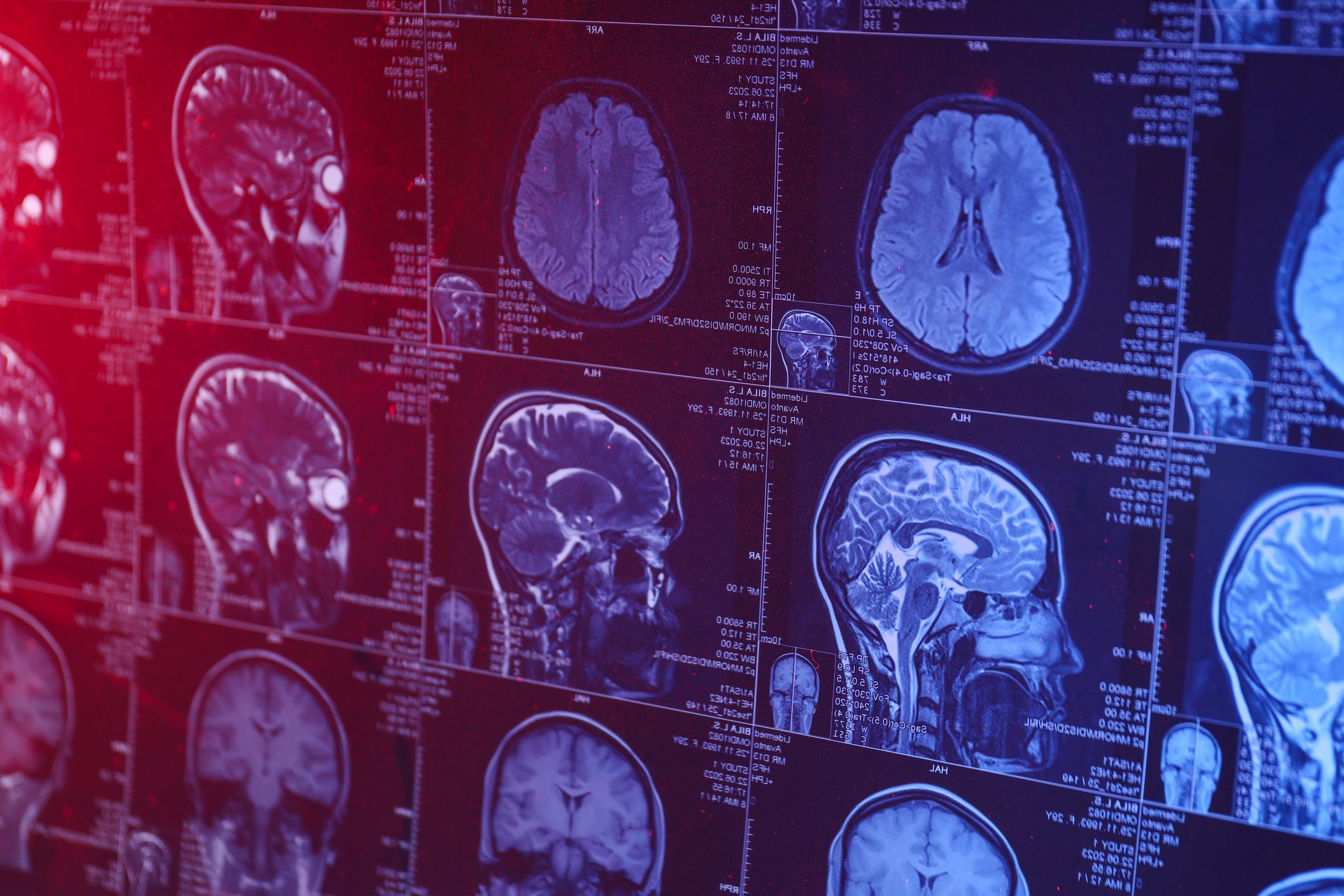Practicing at least two and a half hours of sport per week from the forties helps prevent brain damage as you age.
-1610105224.jpg)
- From the age of forty, it is good to do about two and a half hours of sport per week to preserve your health.
- Physical activity reduces the risk of having brain damage in old age.
We can never repeat it enough: sport is life. Scientists from the Alzheimer’s Research Trust (UK) have found that the more people engage in physical activity in their 40s or 50s, the more likely their brains are to be healthy in old age. The results of their study were published on January 6, 2021 in the journal Neurology.
Results 25 years apart
For this study, which lasted 25 years, the researchers called on 1,604 volunteers whose average age was 54 years. The aim was to see if there was a link between activity levels and brain health in later life. First, they had to indicate the amount of physical activity they practiced. With this initial information, participants could be classified as having no, low, medium or high physical level. Similarly, the researchers performed MRI brain scans on the volunteers.
Twenty-five years later, they performed the same protocol, this time focusing on brain scans, looking for signs of poor brain health, including the presence of cerebrovascular damage and brain shrinkage. With these results, the researchers were able to establish a link between a high level of physical activity in midlife (more than 150 minutes per week) and better brain health at older ages. Likewise, they found a decrease in cerebrovascular damage at the end of life.
“This research adds to a growing body of evidence suggesting that exercise is an important way to take care of our brain health.says Dr. Sara Imarisio, head of research at Alzheimer’s Research Trust. Although people in the study reported their own level of exercise, which might make it less accurate, high levels of physical activity in their midlife were associated with fewer signs of brain damage. The observation that those who exercised the most had less damage to blood vessels spreading to the brain suggests that exercise may influence brain health, largely through effects on blood supply.”
An activity good for the whole body
In their conclusion, the researchers point out that only a third of people believe that it is possible to reduce the risk of developing dementia through physical activity, and that 77% believe that sport reduces the risk of cardiovascular disease. Although there is no specific way to prevent dementia, it is important to remember that the brain does not function independently of the body. Therefore, if physical activity can keep the heart healthy, it is very likely that this is also valid for the brain, which depends on the good blood supply sent to it by the heart.
“The best current evidence suggests that in addition to staying physically and mentally active, eating a healthy balanced diet, not smoking, drinking only within recommended limits, and controlling weight, cholesterol, and blood pressure are so many great ways to support brain health as you age”, concludes Sara Imarisio.
.
















